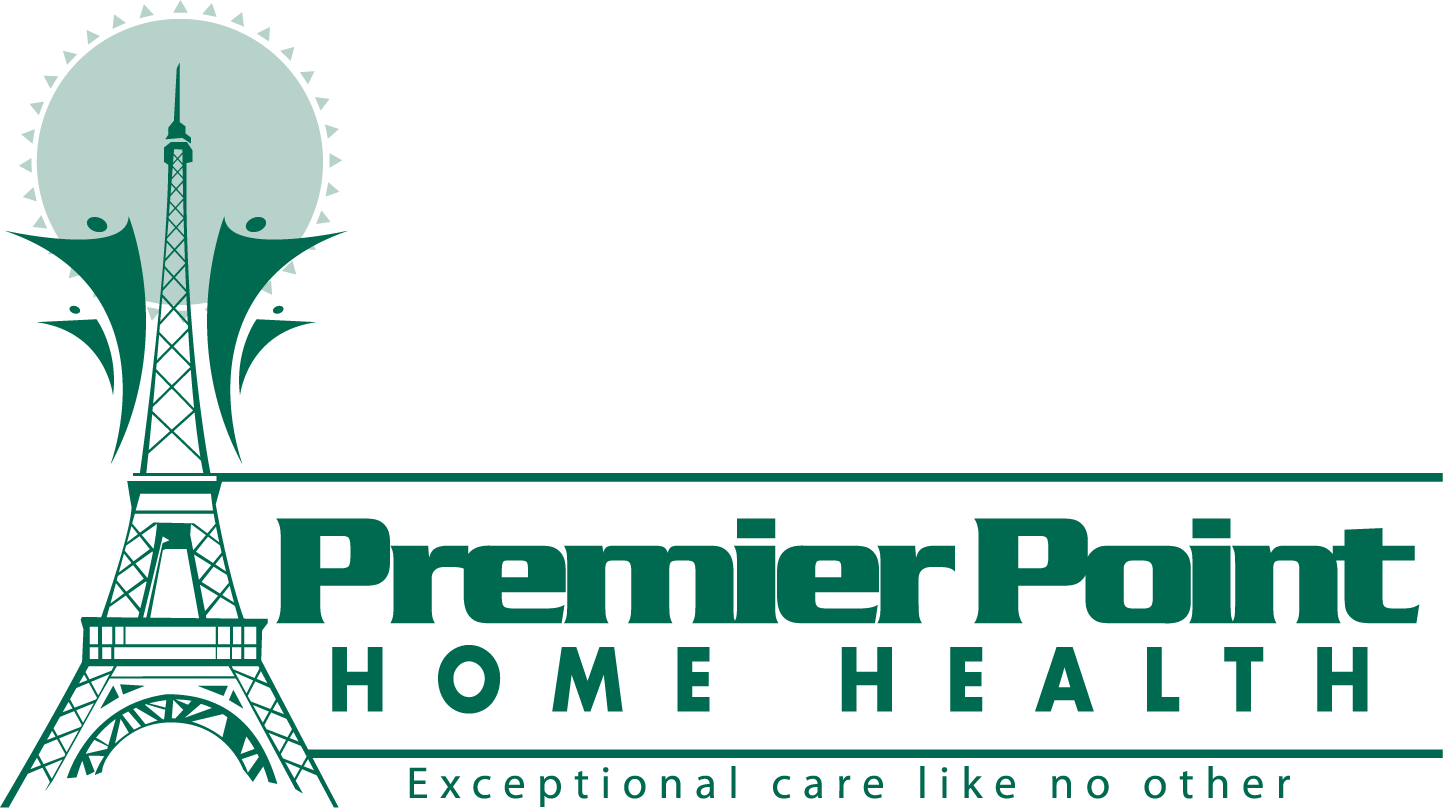2011
Founded
Year
50+
Achieved
Awards
98%
Clients Retention
100+
Core
Team
120+
Projects Implemented
40%
Business Efficiency with AI
Why Choose Cloudester for Healthcare Software Testing
-
13+ years of experience in software testing across complex healthcare systems.
-
Deep expertise in healthcare IT solutions for hospitals, clinics, and digital health startups.
-
Certified QA team with proven knowledge of the healthcare domain and testing best practices.
-
Robust quality processes aligned with industry standards and regulatory expectations.
-
ISO 27001-certified, ensuring the highest level of data security and privacy.
-
Familiarity with key healthcare regulations like HIPAA, HL7, FHIR, and FDA 21 CFR Part 11.
Build a Reliable Healthcare Software Testing Plan with Cloudester
With 13+ years of experience since 2011, Cloudester delivers end-to-end healthcare software testing for EHR, EMR, SaMD, telehealth platforms, and diagnostic solutions. Our QA process ensures full compliance with HIPAA, GDPR, and FDA regulations while accelerating time-to-market and minimizing risk.
-
Comprehensive Test Planning & Requirement Analysis
- Analyze and validate healthcare software requirements.
- Identify risks and outline a risk mitigation plan.
- Define testing scope, types of testing, and automation strategy.
- Schedule test phases and allocate the right QA talent.
- Set up metrics to track testing performance and quality.
- Involving QA early ensures requirement clarity and improves testability, reducing costly revisions later in development.
-
Structured Test Design with Compliance-Ready Practices
- Build test environments with secure, mock patient data.
- Create detailed test cases and scenarios tailored to real-world usage.
- Establish test automation frameworks and reusable test scripts.
- Prepare defect management toolkits and communication workflows.
- Best Practice: Using anonymized datasets ensures HIPAA and GDPR compliance while enabling realistic QA coverage.
- Implement regression testing and continuous KPI monitoring, including:
- Requirements coverage rates.
- Defect leakage and issue resolution ratio.
- Budget adherence and schedule variance.
Why Healthcare Software Testing Matters
-
Key Testing Phases
- Validating software requirements, identifying risks, planning and designing tests, running test cycles, and reporting outcomes.
- Ensuring compliance with healthcare regulations like HIPAA and FDA through continuous verification.
- Performing integration testing to confirm compatibility with medical devices and third-party healthcare systems.
- Conducting usability testing to enhance user experience for healthcare professionals and patients.
-
Team Setup Includes
- QA manager, team lead, manual and automation QA engineers, compliance expert, and a cybersecurity specialist.
- Healthcare domain experts to ensure alignment with medical standards and patient safety protocols.
- Healthcare domain experts to ensure alignment with medical standards and patient safety protocols.
- DevOps testers integrate testing processes seamlessly within CI/CD pipelines for faster releases.
Key Types of Healthcare Software Testing
Thorough testing is essential for the safety, performance, and compliance of healthcare software. Cloudester applies a wide range of testing types to meet the specific needs of your product and the demands of industry standards like HIPAA, GDPR, and FDA regulations.
-
Functional Testing
We validate that the software works as intended across use cases like patient registration, billing, and clinical workflows, ensuring it meets all business and clinical requirements.
-
Performance Testing
We assess how your solution handles various workloads by testing its responsiveness, scalability, and stability under stress, ensuring seamless performance under pressure.
-
Security Testing
Cloudester’s QA team identifies and addresses vulnerabilities through penetration testing, vulnerability scanning, and security audits to protect sensitive patient data from unauthorized access.
-
Compliance Testing
Our expert healthcare software testing team ensures your software meets legal and regulatory standards such as HIPAA (US), GDPR (EU), and FDA guidelines.
Helps you stay audit-ready with thorough documentation and testing protocols.
-
Usability Testing
We simulate real-world user journeys for doctors, nurses, and patients to verify the software is intuitive, easy to use, and aligns with healthcare workflows, with a focus on UI/UX quality.
-
Interoperability Testing
Cloudester’s healthcare software testing confirms that your software can exchange data reliably and accurately with external systems using standards like HL7, FHIR, and DICOM, which is vital for seamless healthcare integration.
-
Compatibility Testing
We ensure your solution works flawlessly across different operating systems, browsers, and devices, eliminating technical barriers for users.
-
Integration Testing
We validate that modules such as EHR, RCM, lab systems, and mobile apps interact and function smoothly as a unified system.
-
Regression Testing
After updates or new feature releases, we test the software to ensure no existing functionality is broken, helping to catch defects early and reduce production risk.
-
Automation Testing
Using advanced automation tools, we run repetitive test cases faster and with greater consistency, which is ideal for performance and regression tests.
-
Manual Testing
Our QA experts simulate real-life scenarios that automated tools may miss, helping to identify usability issues and behavior quirks from an actual user’s perspective.
-
Unit Testing
We test individual components or modules in isolation to ensure each part performs correctly before integration.
-
System Testing
We evaluate the software as a whole from end to end to verify that all components work together and meet business and user requirements.
-
Acceptance Testing
We conduct final validation with end-users and stakeholders to confirm the software meets all business, clinical, and compliance goals before deployment.
Sourcing Models for Healthcare Software Testing
Choosing the right sourcing model is essential to ensure quality, efficiency, and compliance in healthcare software testing. Below are the three most common approaches:
-
In-House Healthcare Software Testing
Pros:
- Complete control over the entire testing process.
- Direct coordination between development and QA teams.
Cons:
- Limited access to specialized domain or testing expertise
- High costs for training, salaries, benefits, tools, and infrastructure.
- Scalability challenges when rapid team expansion is needed.
-
Outsourced Healthcare Software Testing
Pros:
- Cost-effective and scalable testing model.
- Access to healthcare-focused QA professionals and proven frameworks.
- A transparent, KPI-driven testing approach ensures measurable outcomes.
Cons:
- Risk of selecting the wrong vendor may
- impact quality and timelines.
-
Hybrid Model (In-House QA Management + Outsourced Testing Team)
Pros:
- Balanced control and flexibility.
- Access to specialized external talent for specific solution types, standards (e.g., HL7, HIPAA), or test types.
Cons:
- Potential for communication gaps between internal teams and outsourced testers.
Key Roles in Cloudester’s Healthcare Software Testing Teams
The roles in a healthcare software testing team vary based on the application type and testing needs. We align expert team members to ensure accurate results, regulatory compliance, and secure test execution across complex healthcare systems.
-
QA Program Manager (for multi-team setups)
- Plans a scalable and testable QA approach for healthcare apps
- Defines regulatory needs and compliance checklists
- Crafts test strategies and selects test tools
- Builds and oversees cross-functional testing teams
- Sets up the QA process and drives KPI improvements
-
QA Team Lead
- Designs the testing roadmap based on the product’s complexity
- Choose the right tools and test frameworks
- Leads and supports testing professionals
- Controls execution, ensures deadlines and testing goals are met
-
QA Engineer
- Writes and maintains test cases
- Executes manual testing of healthcare systems
- Logs bugs and confirms defect resolutions
-
Automation QA Engineer
- Identifies automation opportunities
- Builds and manages automation frameworks
- Selects and configures tools for automated testing
- Writes and runs automation scripts
- Reports bugs and validates fixes
-
Compliance Advisor
- Reviews project needs for compliance with healthcare laws
- Ensures documentation and testing follow HIPAA and GDPR
- Works with QA teams to ensure safe handling of sensitive data
-
Security Analyst
- Performs security testing and finds system weaknesses
- Share insights to fix security risks and prevent data leaks
- Improves overall security by updating test controls
Factors Influencing Healthcare Software Testing Costs
Cloudester recognizes that no two IoT ecosystems are the same. Each solution comes with its own scale, architecture, and integration depth. That’s why our pricing models are customized to match the specific demands of your product and business goals.
Healthcare solution-related factors:
- The type of a healthcare solution and its complexity.
- Specific security and compliance requirements (e.g., HIPAA, GDPR).
- The number of user roles (e.g., medical staff, admins, patients, etc.) and the intended number of users.
- The number and complexity of integrations with other healthcare IT systems (EHR, RCM, CRM, practice management system, procurement software, patient apps, etc.).
Explore more our Testing Services
Our Technology Stack
AI Development Services

Python

.NET Core

Java
AI Development Tools

Jupyter / Anaconda

Colab

Kaggle
Cloud Computing Platforms

AWS

Azure

Google Cloud
DevOps

Snyk

JFrog

Jenkins
Frameworks / Libraries

TensorFlow

PyTorch

Keras
Data Storage & Visualization

BigQuery

Power BI
Tableau
Professional Services for Healthcare Software Testing
Cloudester brings decades of expertise in software testing and deep industry knowledge in healthcare IT to ensure your healthcare application is functional, secure, reliable, and regulatory compliant.
-
Healthcare Software Testing Consulting
Our consulting team helps you build a tailored testing strategy aligned with your product’s goals, regulatory needs, and technical constraints.
Our consultants will:
- Analyze your healthcare solution’s architecture, requirements, and unique characteristics.
- Recommend the most suitable sourcing model based on testing scope, budget, and healthcare-specific challenges.
- Create a detailed testing roadmap customized for your software’s lifecycle and critical workflows.
- Assist in selecting appropriate testing frameworks and tools for manual and automated QA.
- Define key performance indicators (KPIs) for testing effectiveness and coverage.
- Identify potential risks and propose proactive risk mitigation strategies.
- Provide a breakdown of estimated testing costs with cost-optimization recommendations.
-
Healthcare Software Testing Outsourcing
Outsource your testing efforts to our experienced QA engineers to ensure end-to-end quality with minimal overhead.
Our testing experts will:
- Design a complete testing strategy, including selection of testing types, tools, and workflows.
- Set up testing environments and generate realistic healthcare test data.
- Develop, execute, and manage test cases and automated test scripts.
- Introduce test automation to reduce manual effort and accelerate feedback cycles.
- Ensure full documentation of all QA activities for traceability and audit readiness.
- Test the software for compliance with HIPAA, GDPR, FDA, and other relevant standards.
- Provide continuous progress reporting and recommendations for optimization.
Awards
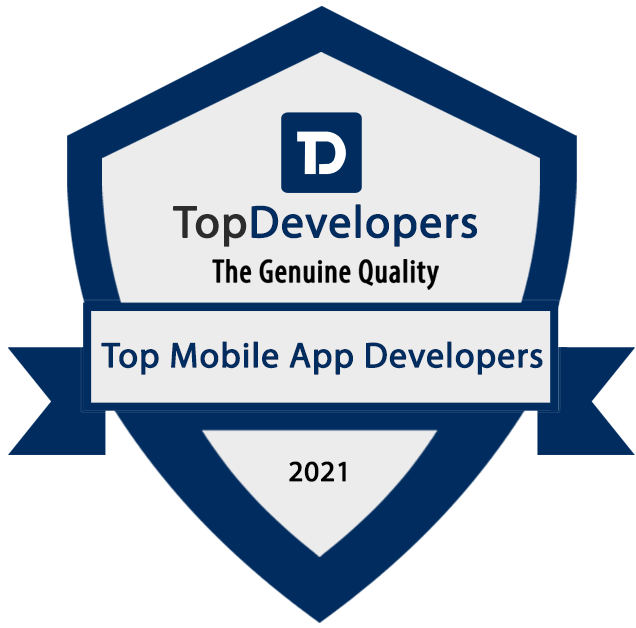

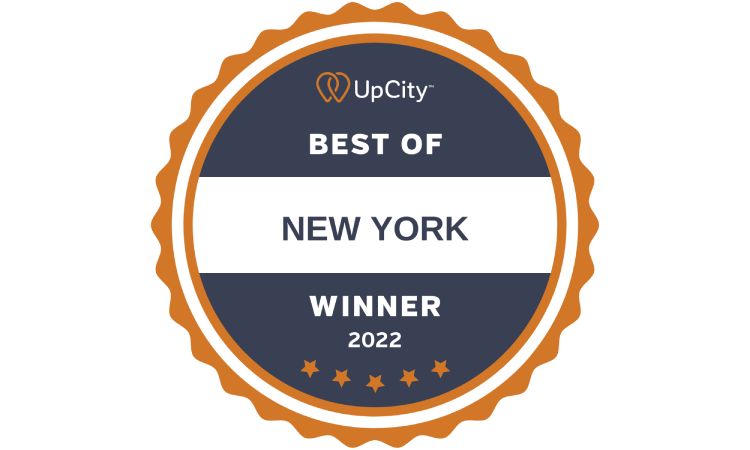
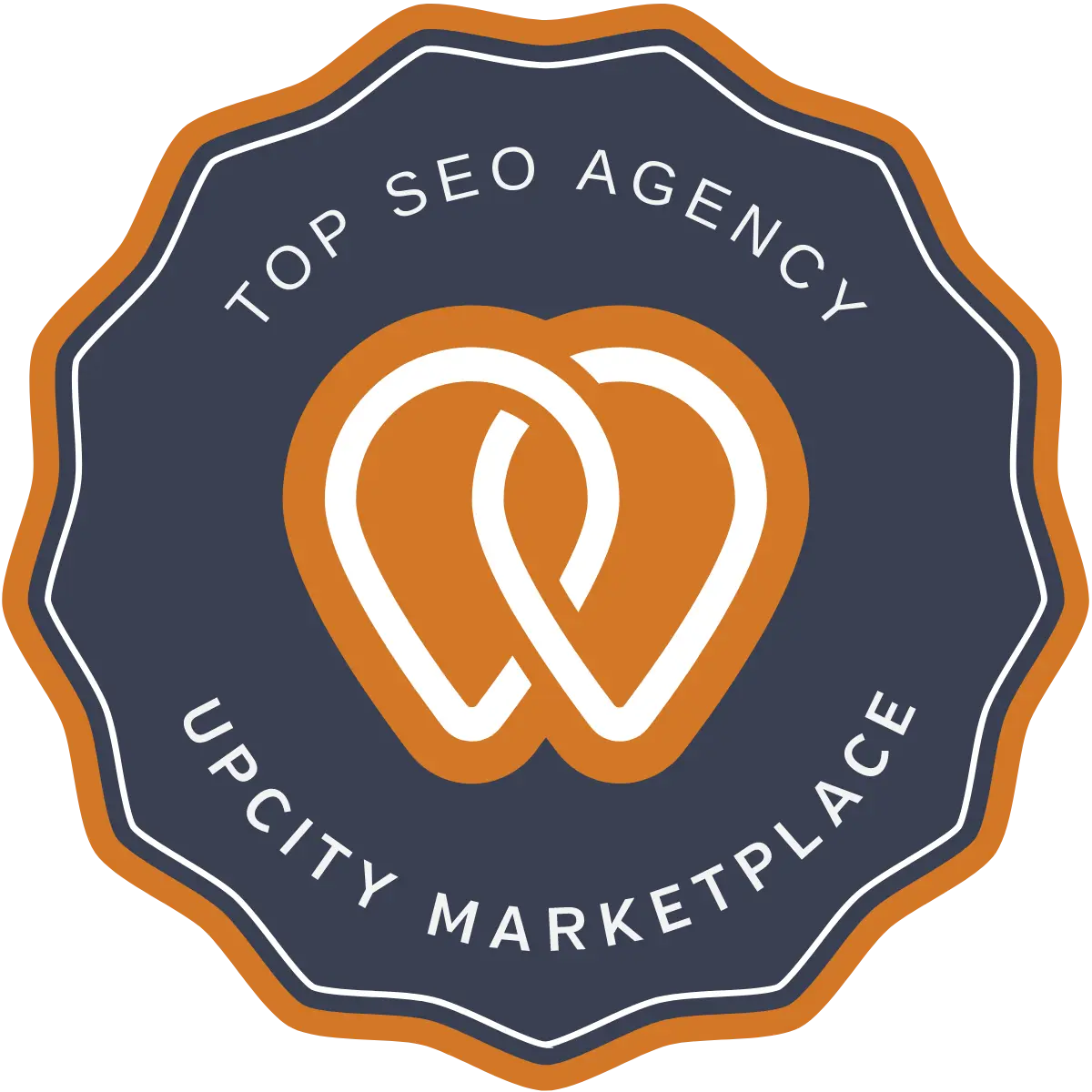
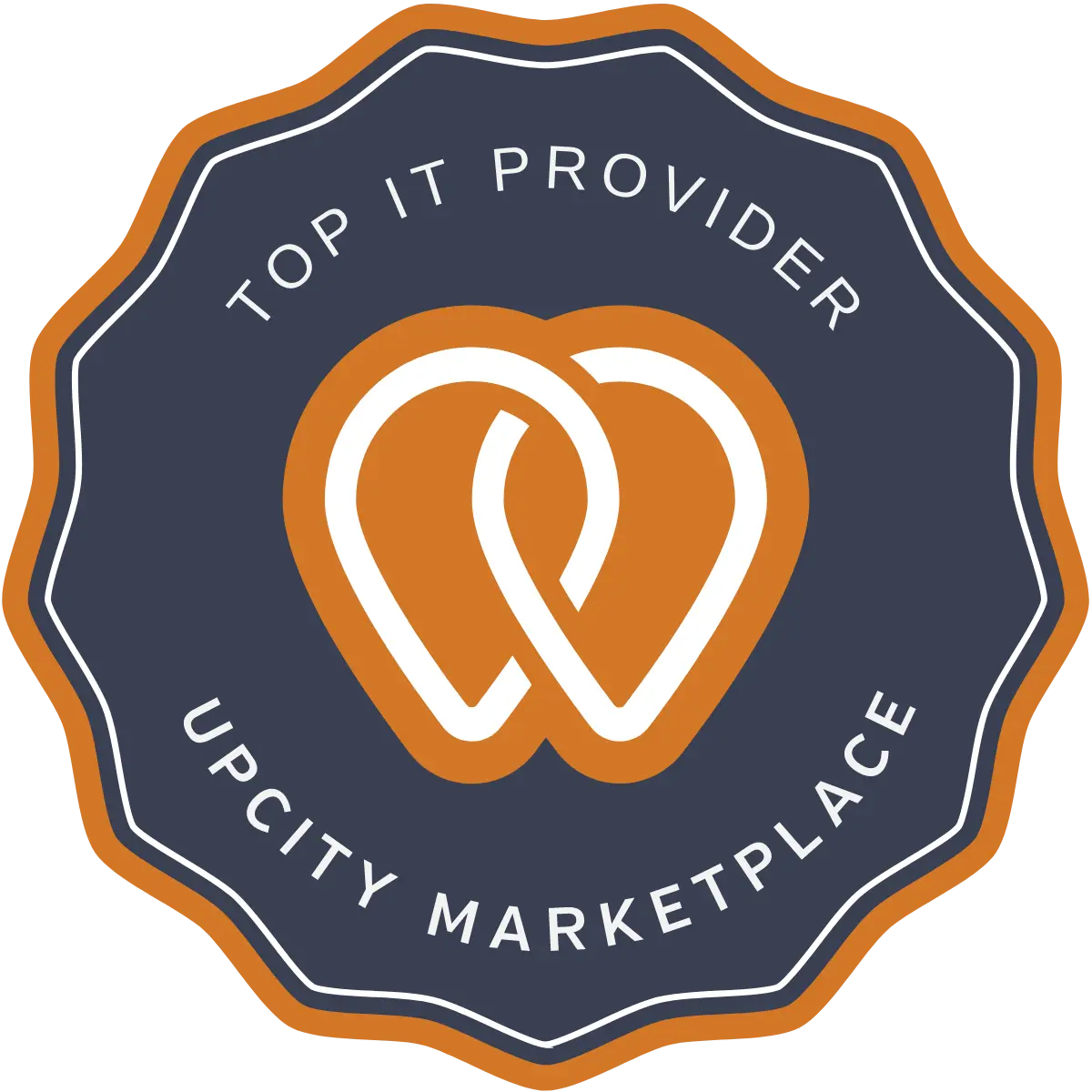
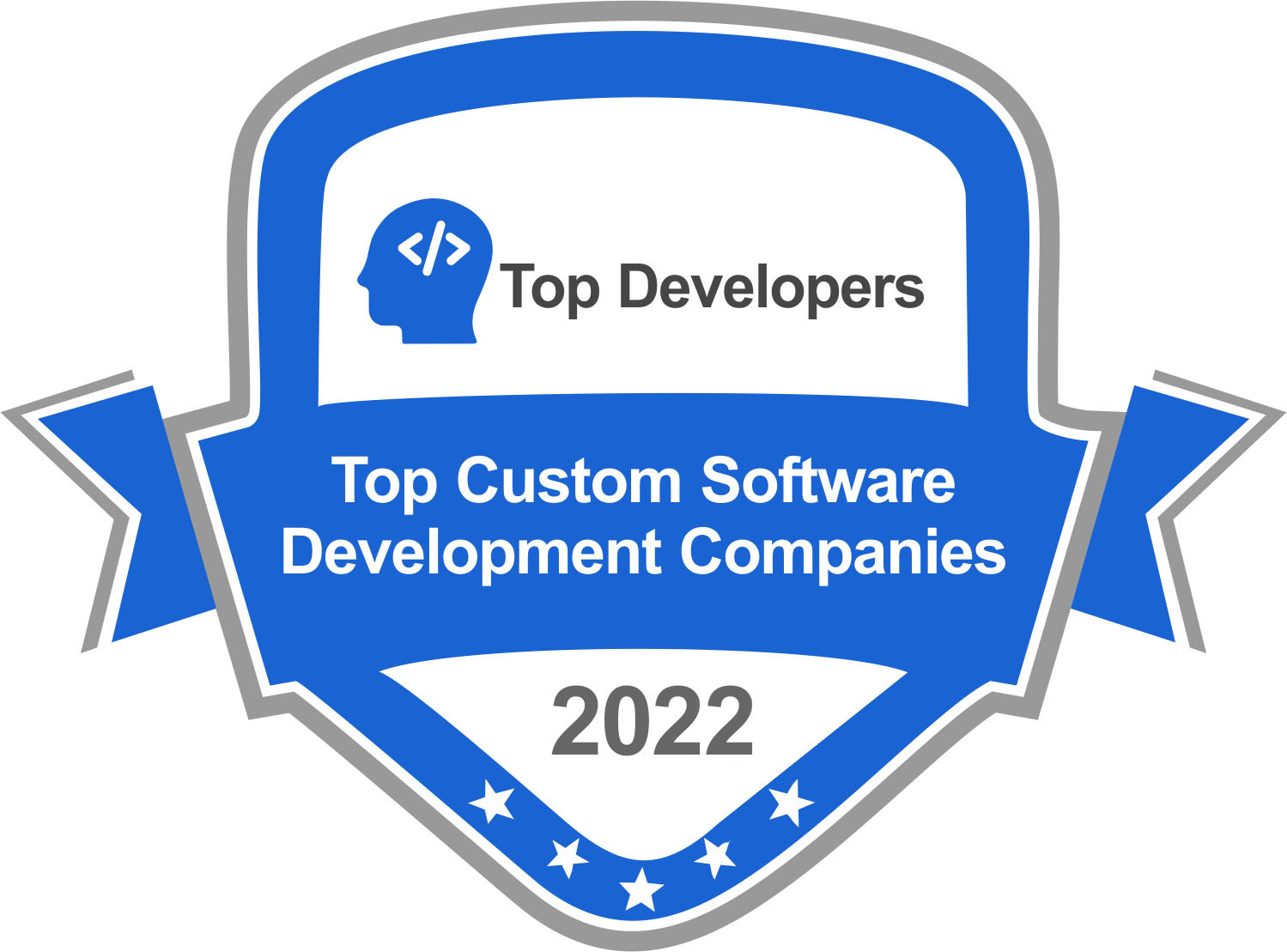

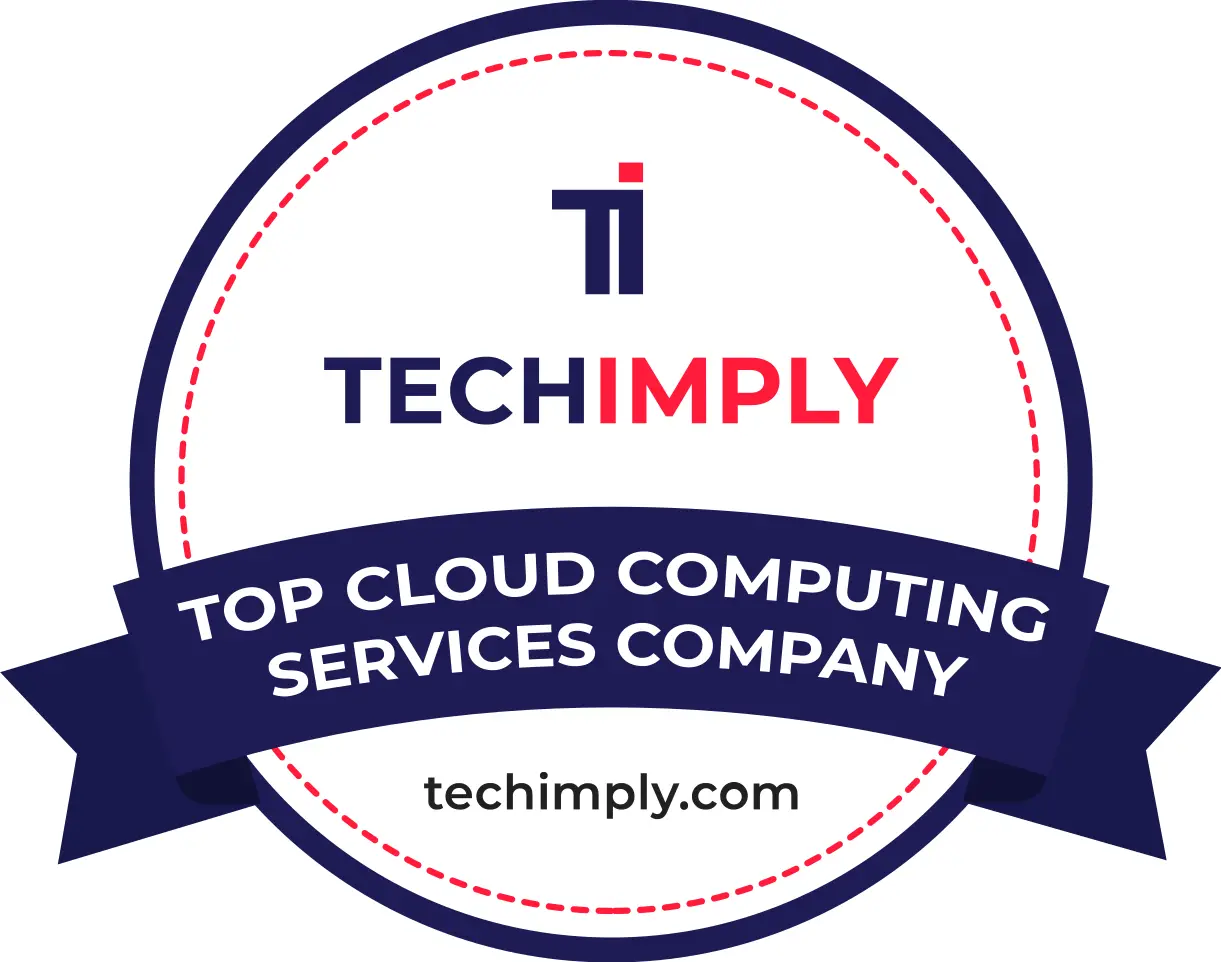

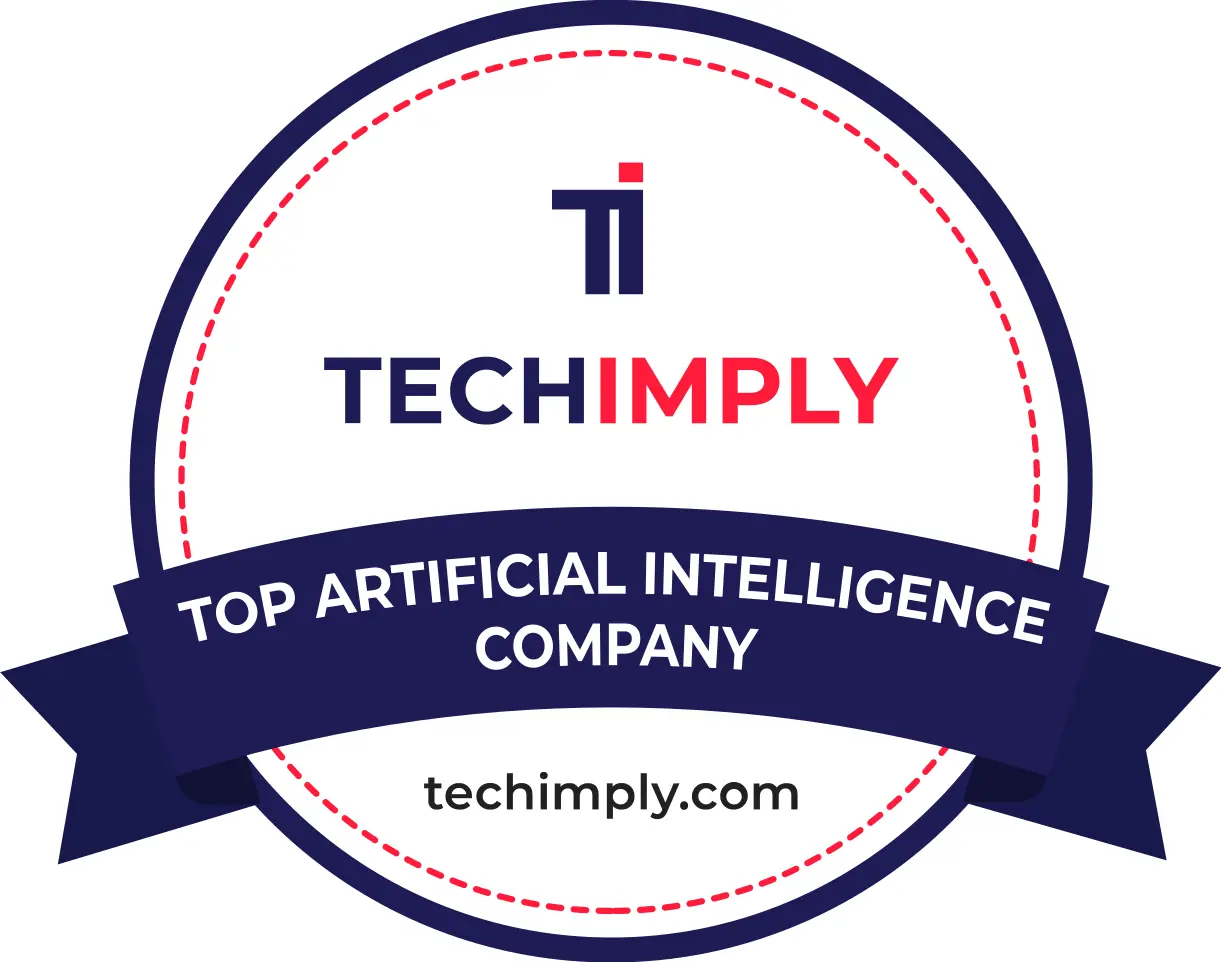
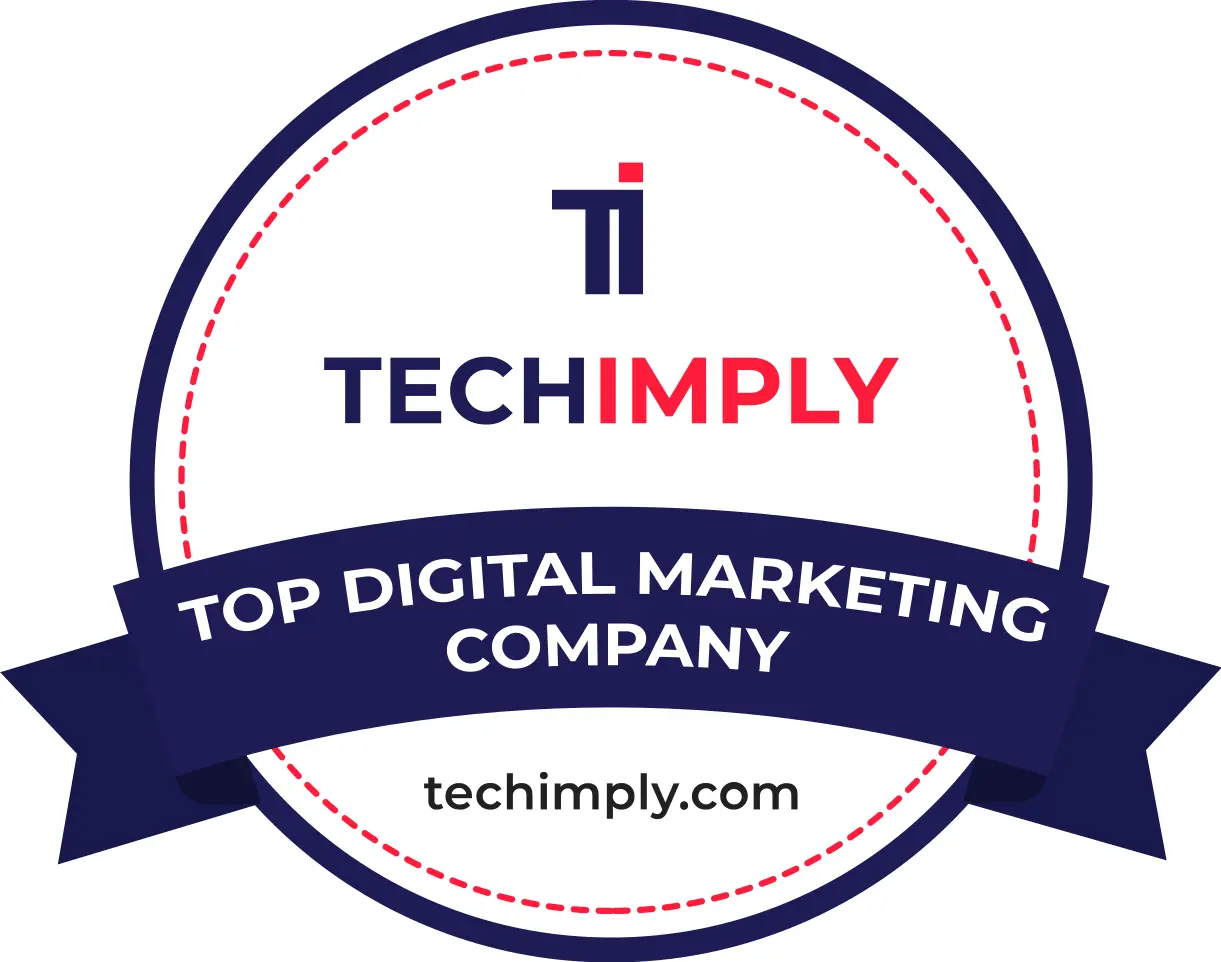

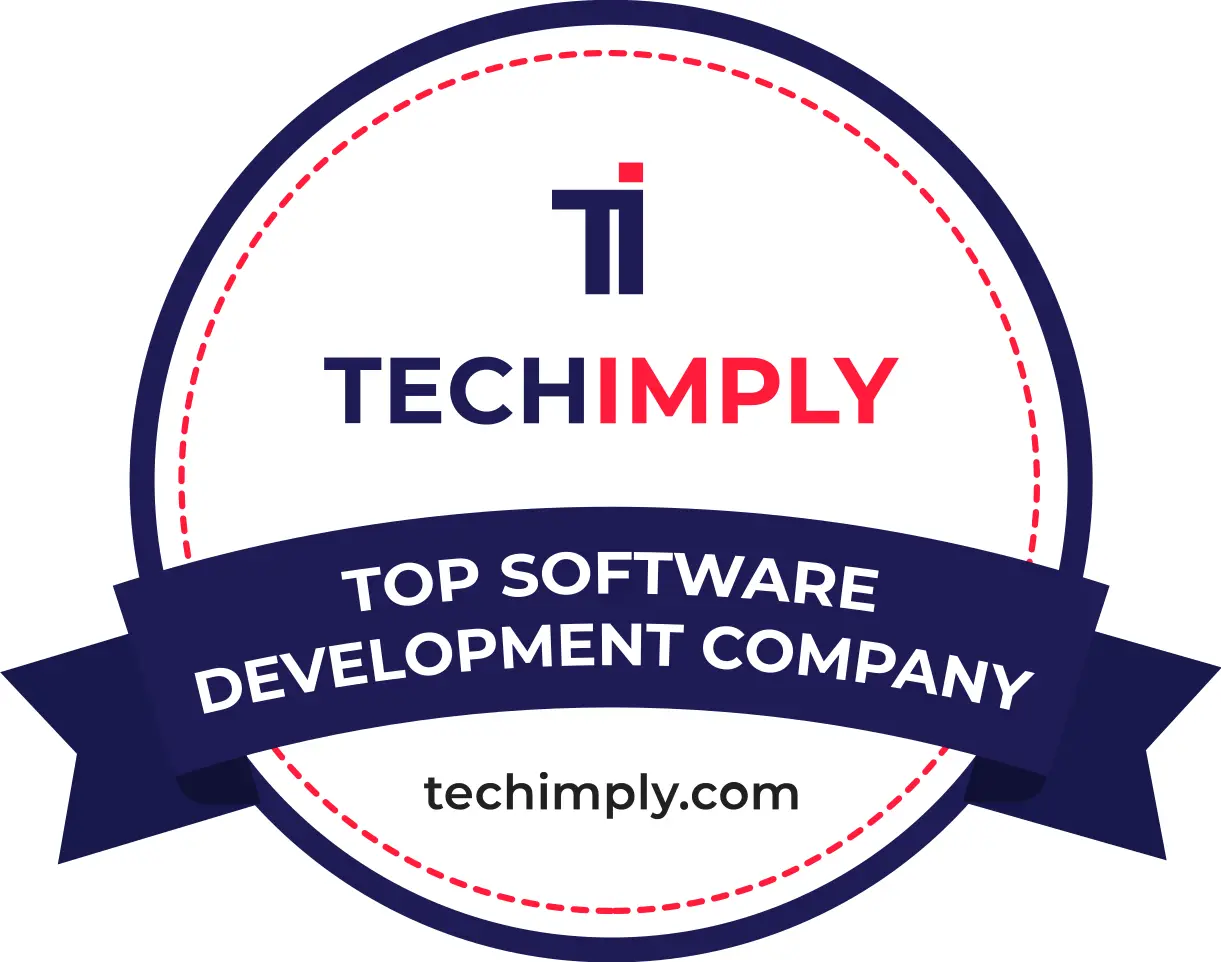

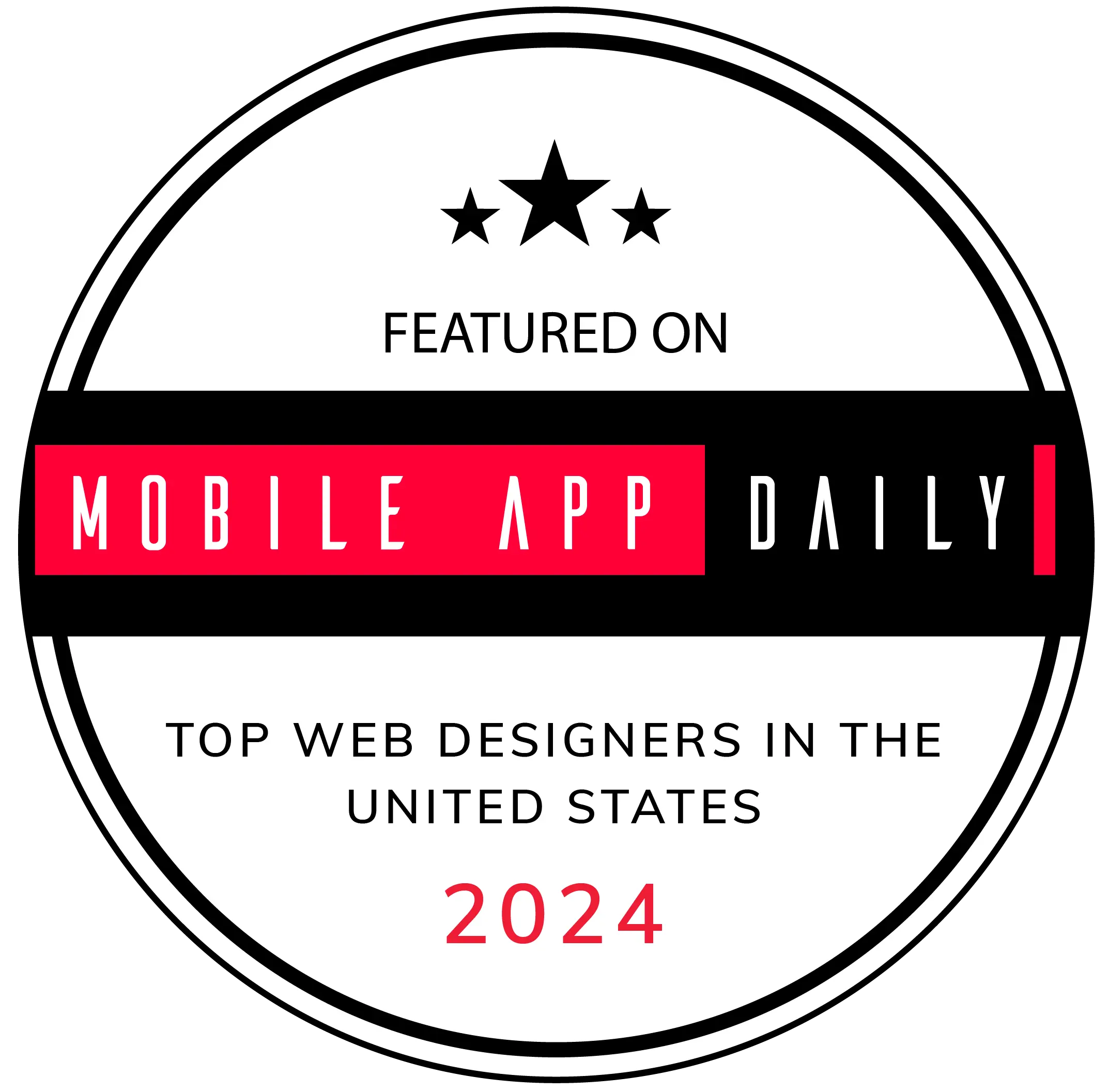

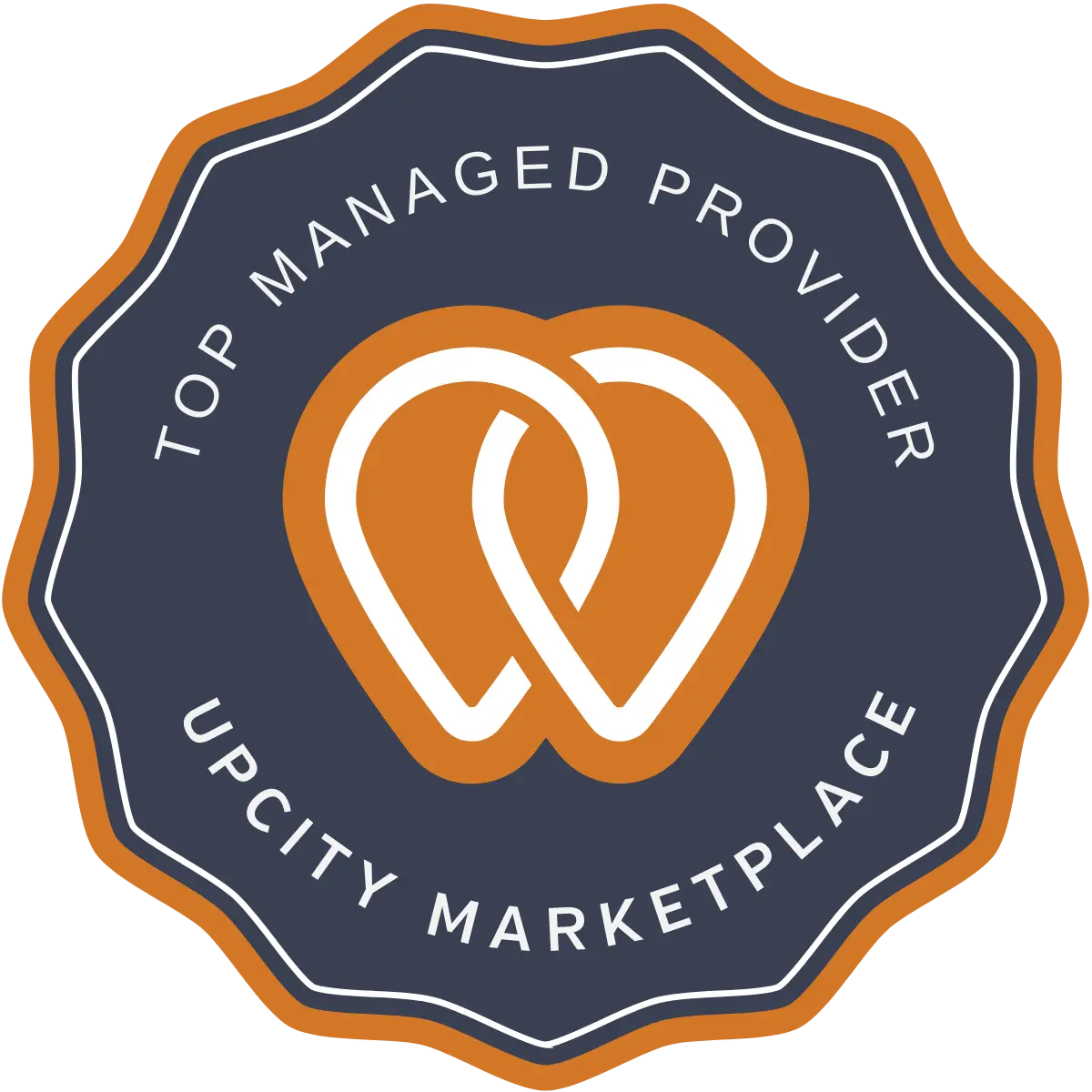
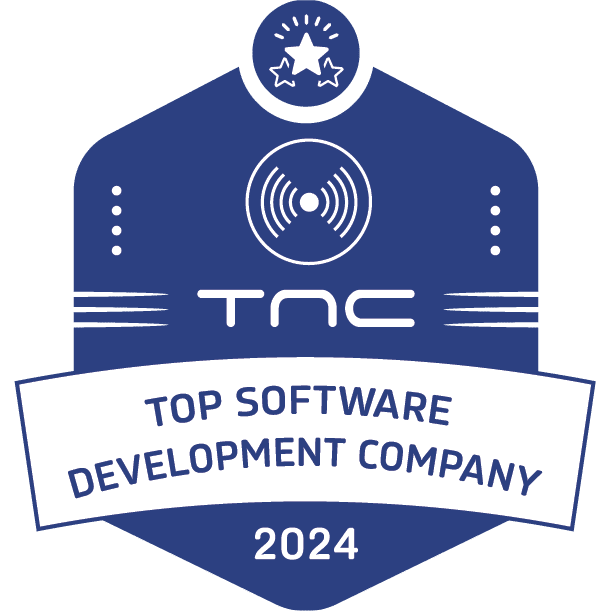
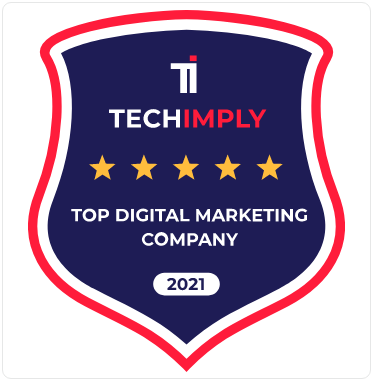
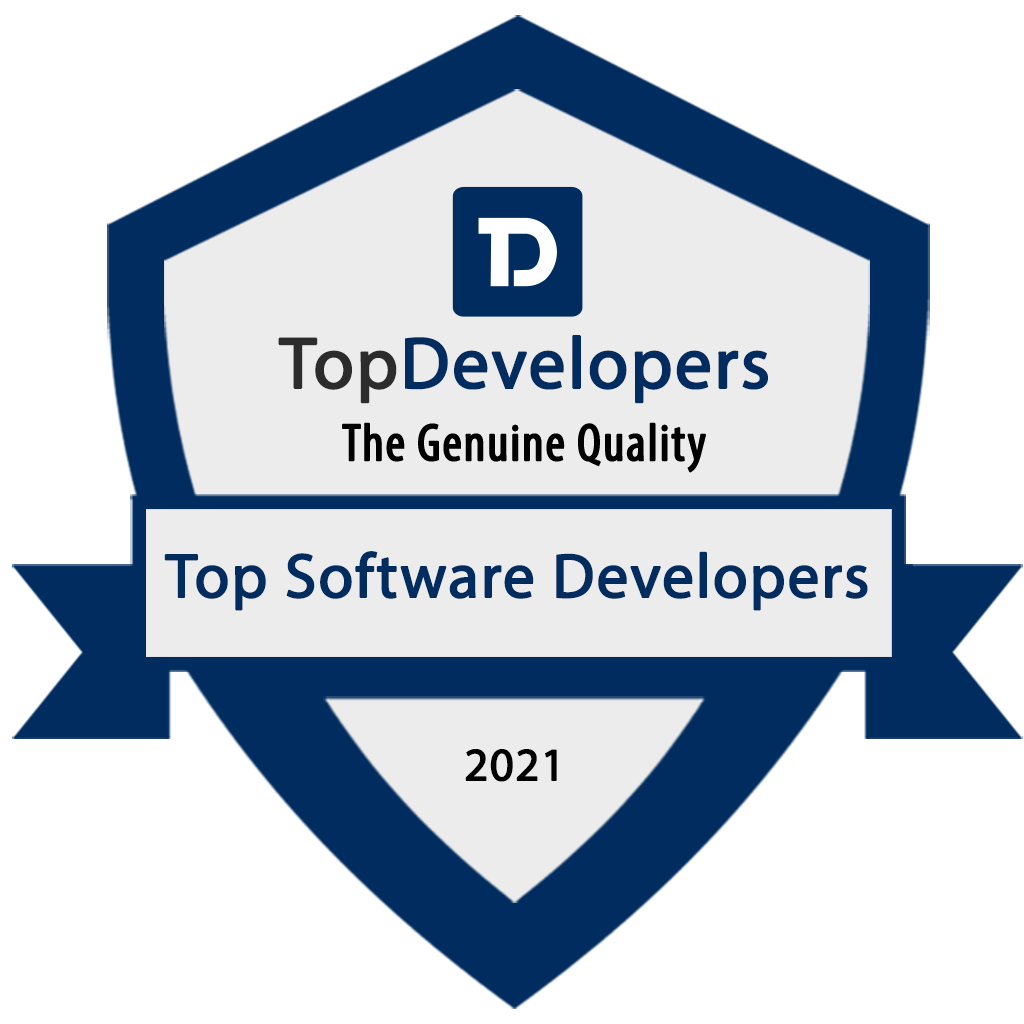
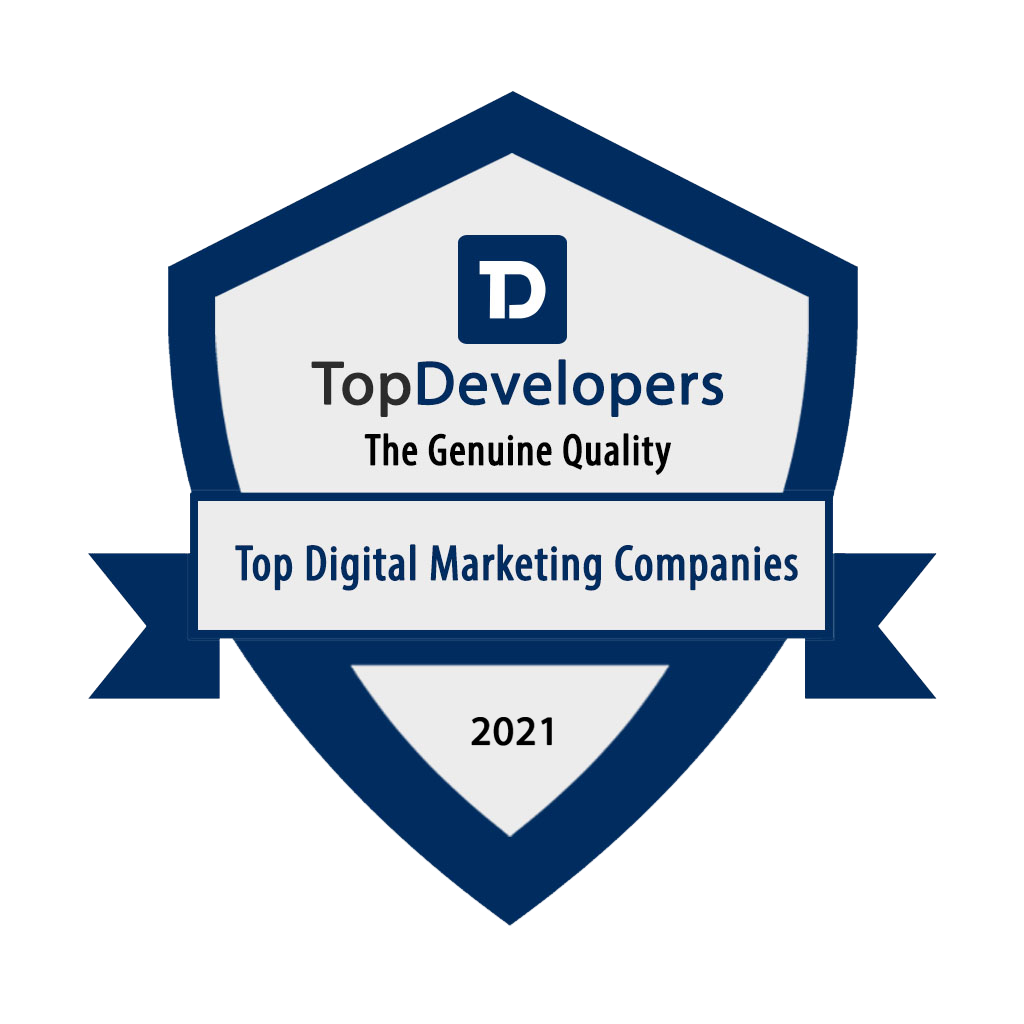
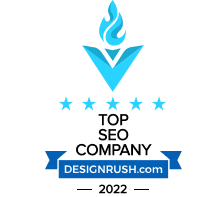
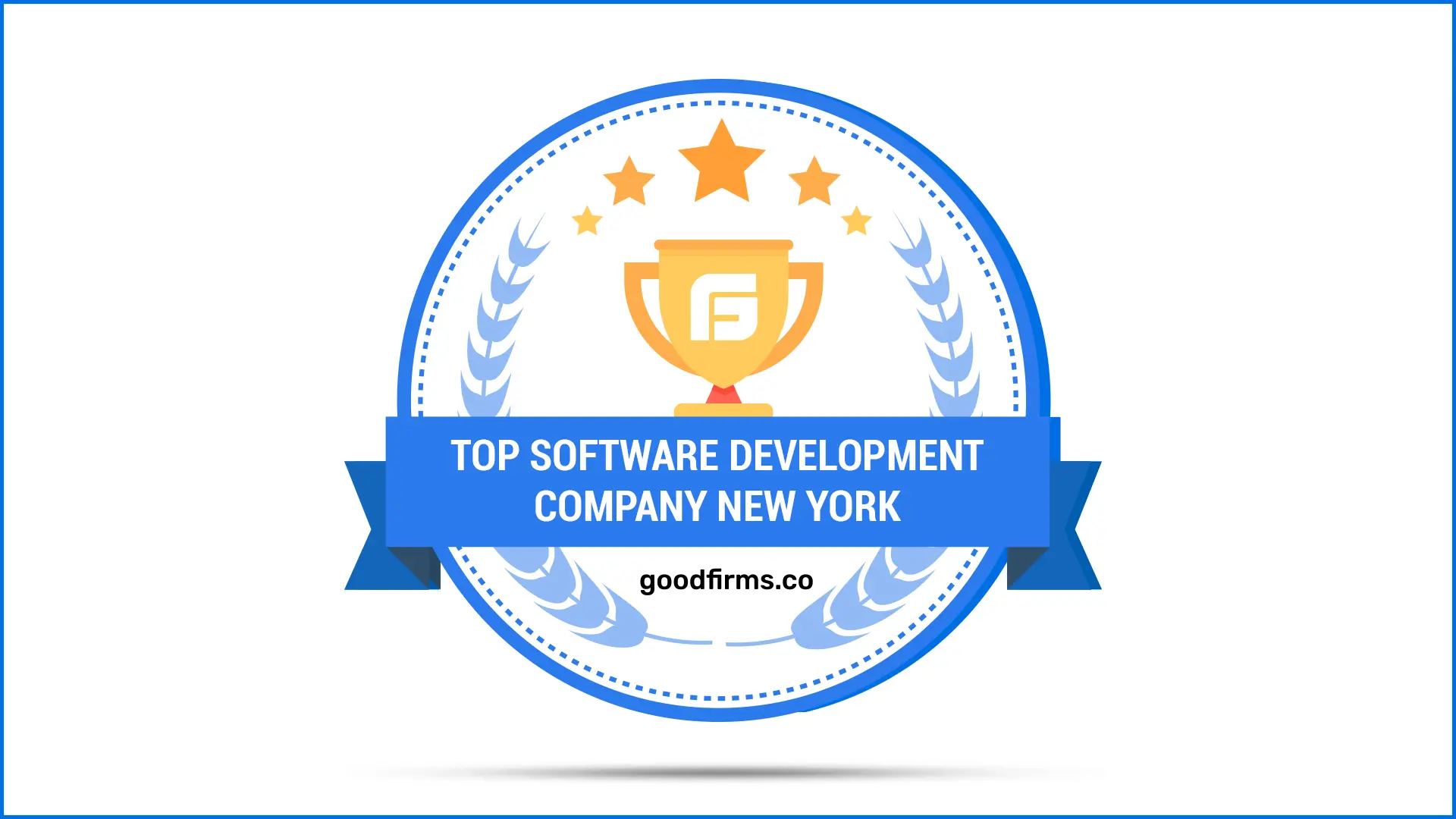
Certification



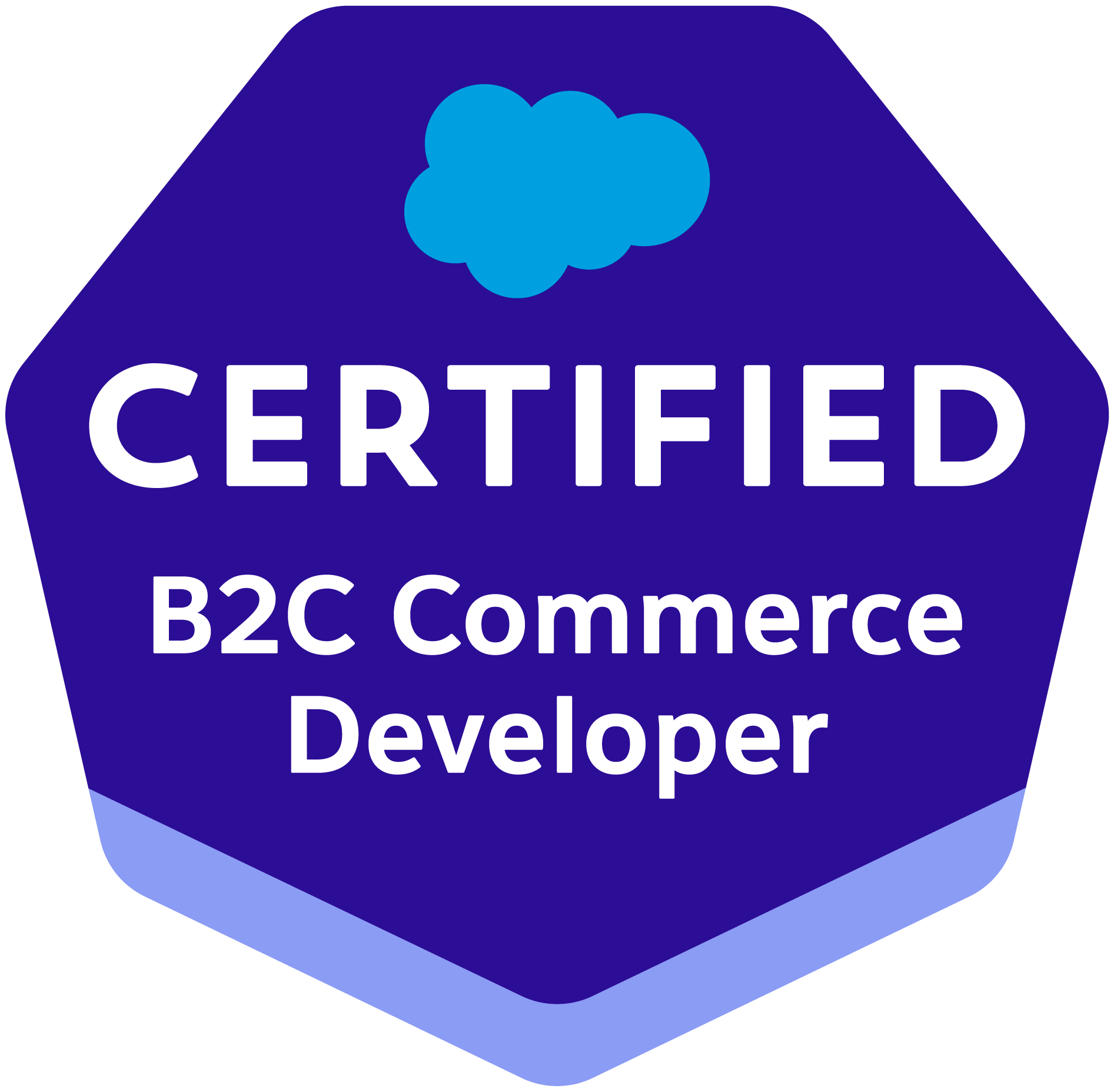
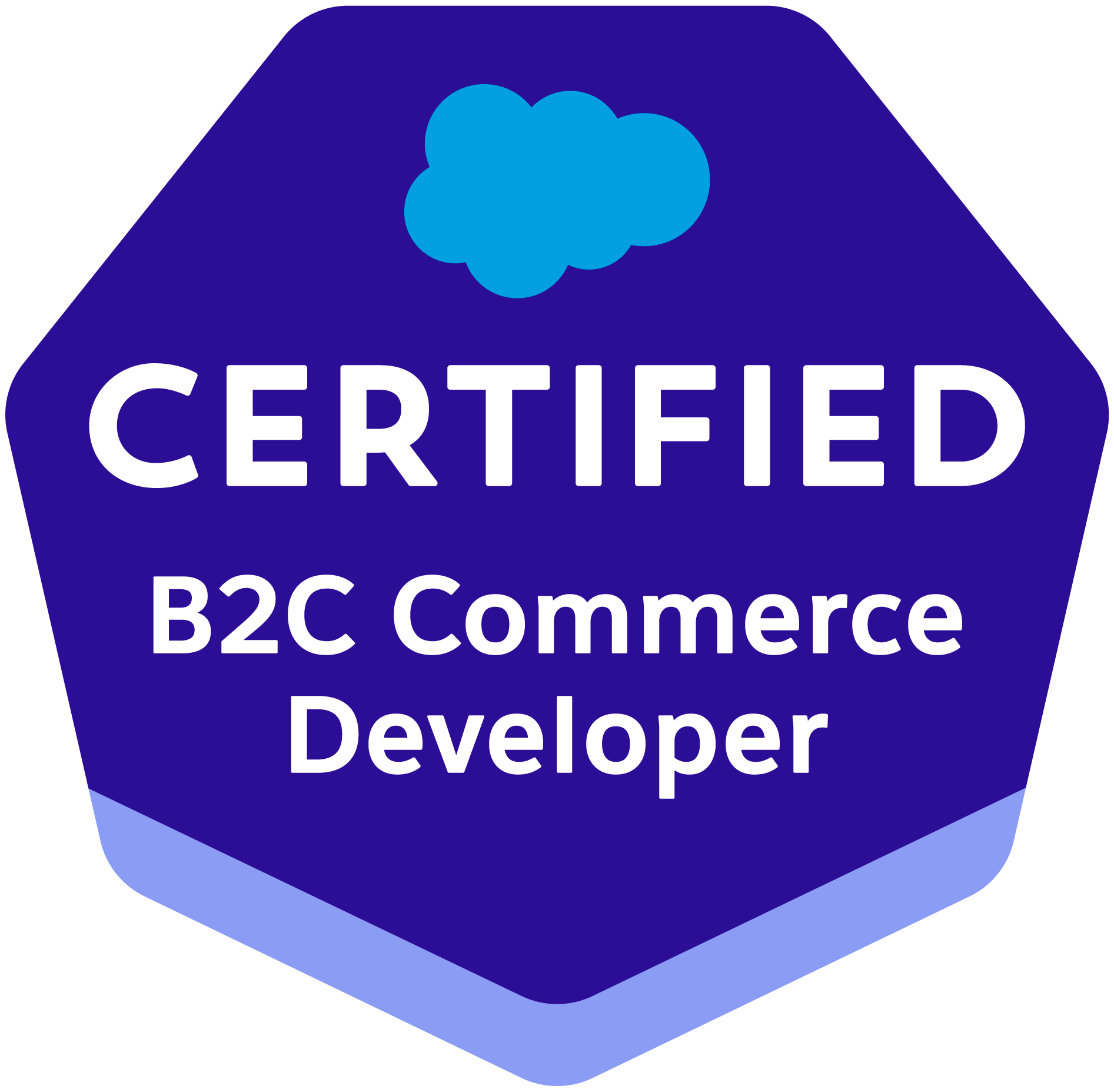


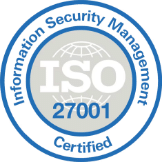
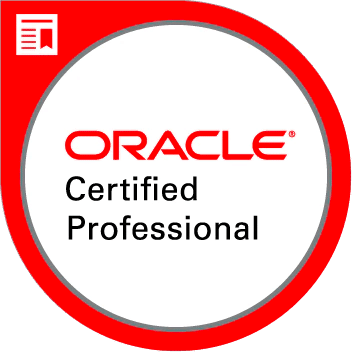
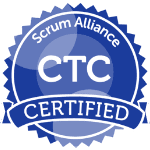
Cost factors related to the testing process
-
In-House Testing Costs
- The QA teams’ hiring costs and full salary expenses.
- The costs of additional training on the healthcare application testing for the in-house team (if required).
- The costs of employed tools and test environment (e.g., licenses for the chosen testing tools and frameworks, storage, virtual machines).
-
Outsourced Testing Costs
- The QA professionals’ hourly rates (based on their competence and experience).
- The healthcare application testing time (based on the number and complexity of test cases, as well as development and maintenance efforts per test case).
- Test automation share (if applicable).
Start a conversation by filling the form
Build your top-notch AI product using our in-depth experience. We should discuss your project.
FAQs about Healthcare Software Testing Services
Healthcare software testing ensures that applications used in the healthcare industry function correctly, securely, and in compliance with regulations. At Cloudester, we help healthcare organizations validate their software against industry standards like HIPAA and GDPR to ensure patient safety and data protection.
Healthcare software testing includes strict regulatory compliance, data privacy, interoperability, and integration with systems like EHRs, which makes it more complex than general software testing.
Key testing types include functional testing, performance testing, security testing, compliance testing, usability testing, interoperability testing, compatibility testing, integration testing, regression testing, automation testing, and unit or system testing.
You can choose in-house testing, outsourced testing, or a hybrid model where internal teams manage QA while execution is handled externally.
Outsourcing offers benefits like cost-efficiency, access to skilled QA engineers, and scalability. However, it may introduce risks such as communication delays or dependency on external vendors.
Cloudester leverages a wide range of industry-standard tools including Selenium, JMeter, Postman, SoapUI, Burp Suite, Appium, Jira, and Azure DevOps to deliver comprehensive testing across UI, APIs, performance, security, and mobile platforms.
Ensure that testing includes validation against HIPAA, GDPR, and FDA standards, and that testers are experienced with industry-specific workflows and compliance protocols.
Costs depend on solution complexity, number of integrations, user roles, testing environment setup, team experience, use of automation, and whether testing is done in-house or outsourced.
Automation reduces manual workload, speeds up repetitive test execution, improves consistency, and allows faster feedback in regression cycles or frequent updates.
Cloudester offers both models depending on your needs. Our consulting services help you set up a strategic testing approach, select tools, and define KPIs. For end-to-end execution, our full-service QA team handles everything from planning and test automation to reporting and ongoing support.
We provide the SRS documentation to the client. The code will have comments to facilitate easy comprehension. Our documentation is comprehensive and self-explanatory.
Yes, Cloudester signs a Non-Disclosure Agreement before any software solution development discussion. Also, an NDA is an integral part of the Master Services Agreements we sign with clients.
This clause is covered in the IP contract, and NDA is also signed between us and the customer specifying the same. In addition, we audit our processes and train employees on a regular basis. These efforts ensure that our customers' intellectual property is always secure.











